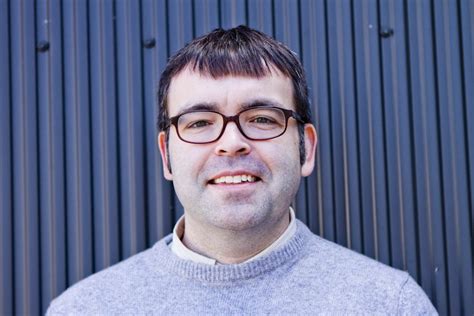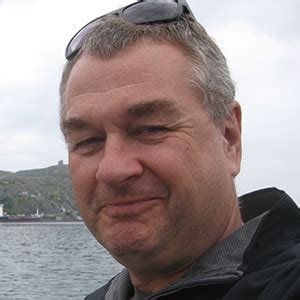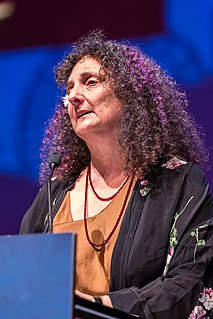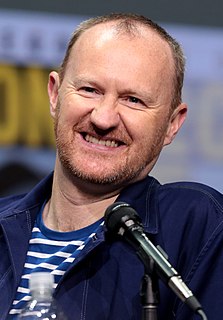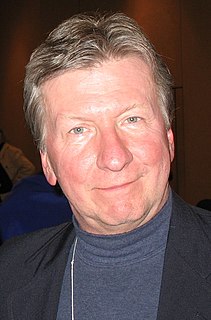A Quote by Paul G. Tremblay
A large part of the appeal of this novel when I was lucky enough to stumble across the story idea for 'A Head Full of Ghosts' was that I'd finally be writing a horror novel. In a lot of ways, the book is both my criticism of and love letter to horror.
Related Quotes
It's very bad to write a novel by act of will. I can do a book of nonfiction work that way - just sign the contract and do the book because, provided the topic has some meaning for me, I know I can do it. But a novel is different. A novel is more like falling in love. You don't say, 'I'm going to fall in love next Tuesday, I'm going to begin my novel.' The novel has to come to you. It has to feel just like love.
I had an idea for a medical conspiracy thriller. Since it was non-horror, I didn't want the publishers and editors bringing a lot of baggage - my history as a genre writer in the SF and horror fields, for instance - to the novel when they read it. I wanted them to consider the book solely on its own merits. So I called myself Colin Andrews. I was tired of seeing my books at floor level. Not that Herman Wouk and Phyllis Whitney and William Wharton are bad company, but I wanted to be up at eye level for a change, where people with bad backs could get a chance to see my books.




